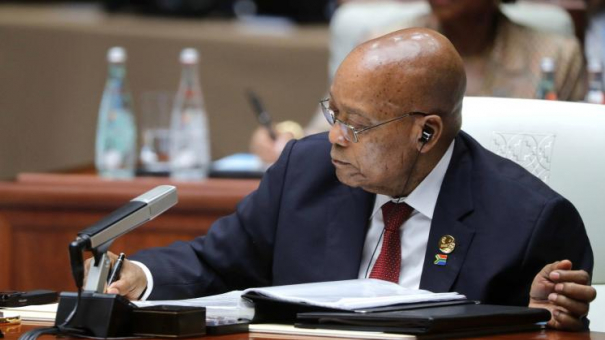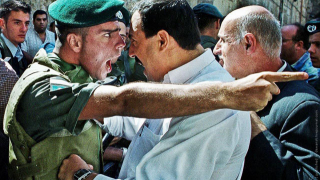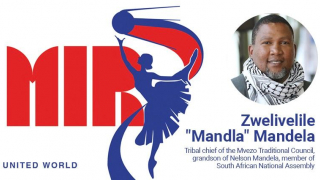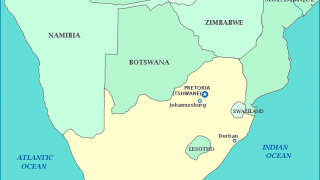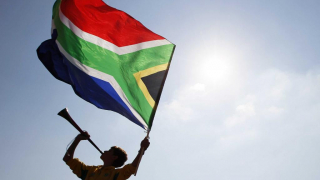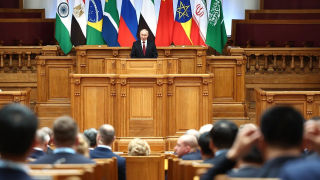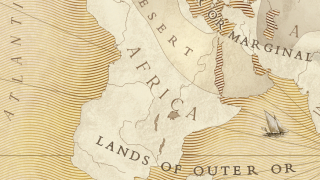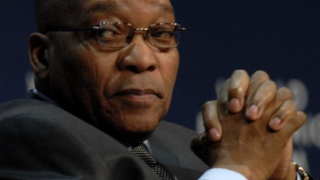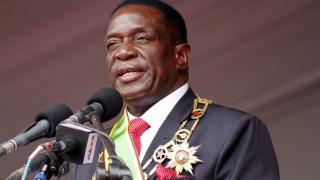06.05.2023
Today, most countries in the Global South remain on Russia's side, considering it their most important ally and supporter. Many African states are...
10.01.2018
Everyone has the chance to choose to open their heart and learn to do the opposite of hate like empathy, compassion, mercy, kindness etc. But to hate...
25.03.2024
UWI documents in the following days some speeches delivered in the congress. Today we publish the presentation of Zwelivelile Mandla Mandela. Mandela...
03.11.2016
Riots caused by the publication of the report of Thuli Madonsela, a human rights activist, have not stopped in Pretoria, the capital of South Africa...
26.10.2016
After the Republic of South Africa announced its withdrawal from the program of the International Criminal Court (ICC), several other countries...
11.07.2024
The session’s theme is The Parliamentary Dimension of BRICS: Prospects for Strengthening Inter-Parliamentary Cooperation.
06.01.2017
The documents, from the prime minister’s official papers, are now released as part of the regular transfer of declassified material to the National...
09.11.2016
The ANC's national working committee, which had to consider the report of the human rights activist Thuli Madonsela about the corruption scandal, has...
14.01.2016
In 2015, Africa continued to be the poorest and the most dangerous region of the world. In addition to the dangerous diseases and the AIDS epidemic,...
21.10.2016
The Republic of South Africa has started the exit process of cooperation with the International Criminal Court in The Hague.
Many African countries...
31.12.2017
South African president Jacob Zuma is one again threatened by an impeachment. He has gotten lucky this time: the South African supreme court has...
30.12.2017
South Africa and Zimbabwe’s New Presidents

